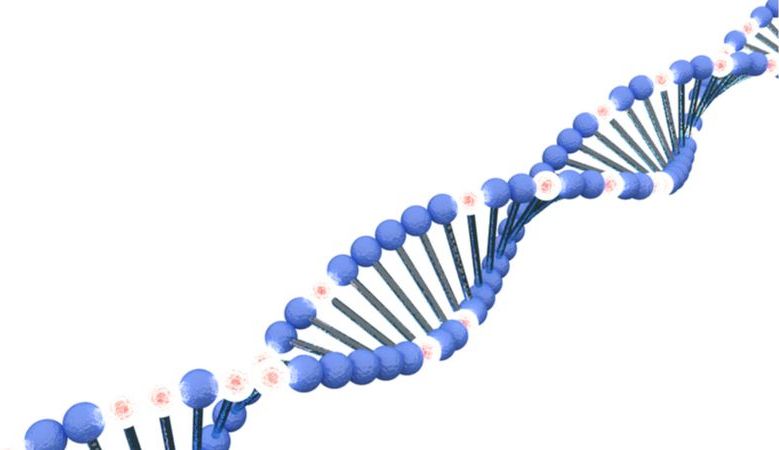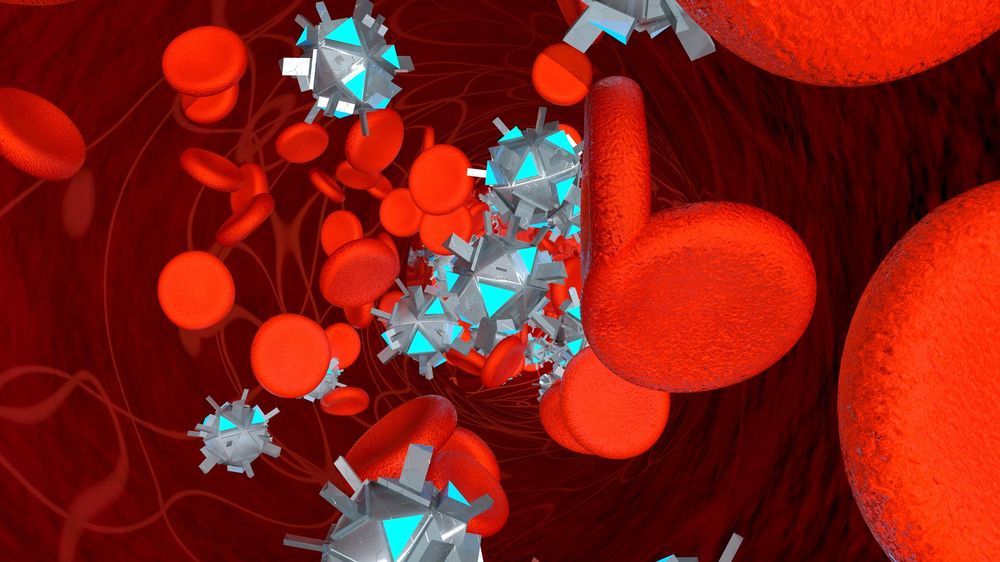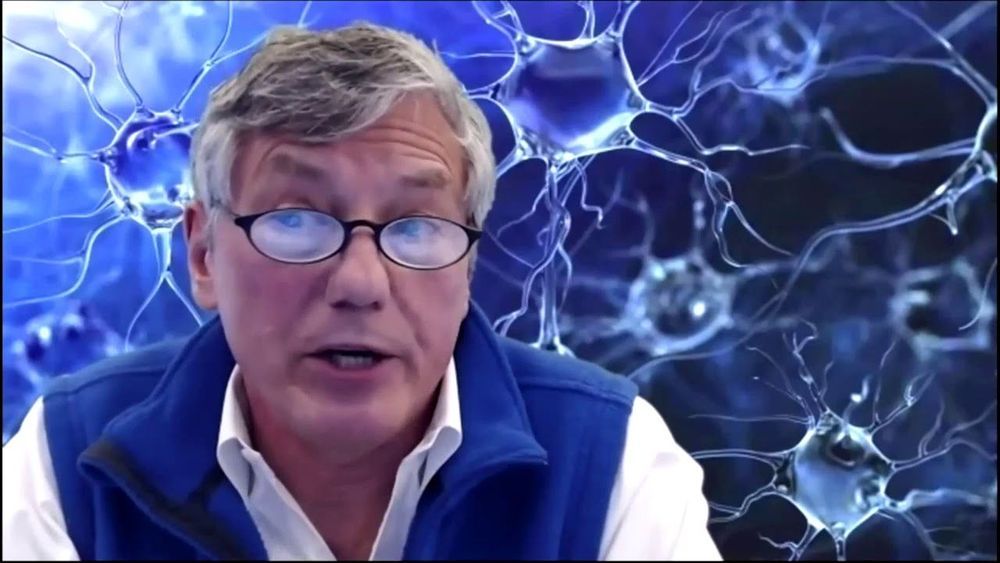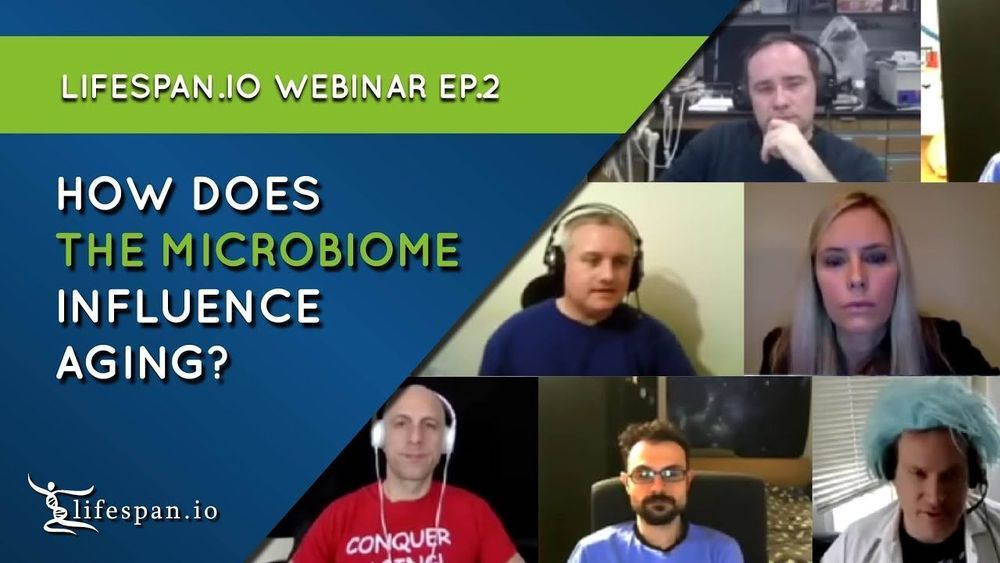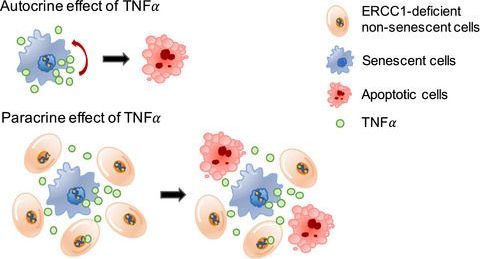In mouse models of Alzheimer’s disease, the investigational drug candidates known as CMS121 and J147 improve memory and slow the degeneration of brain cells. Now, Salk researchers have shown how these compounds can also slow aging in healthy older mice, blocking the damage to brain cells that normally occurs during aging and restoring the levels of specific molecules to those seen in younger brains.
The research, published last month in the journal eLife, suggests that the drug candidates may be useful for treating a broader array of conditions and points out a new pathway that links normal aging to Alzheimer’s disease.
“This study further validated these two compounds not only as Alzheimer’s drug candidates but also as potentially more widely useful for their anti-aging effects,” says Pamela Maher, a senior staff scientist at Salk and a co-corresponding author of the new paper.


